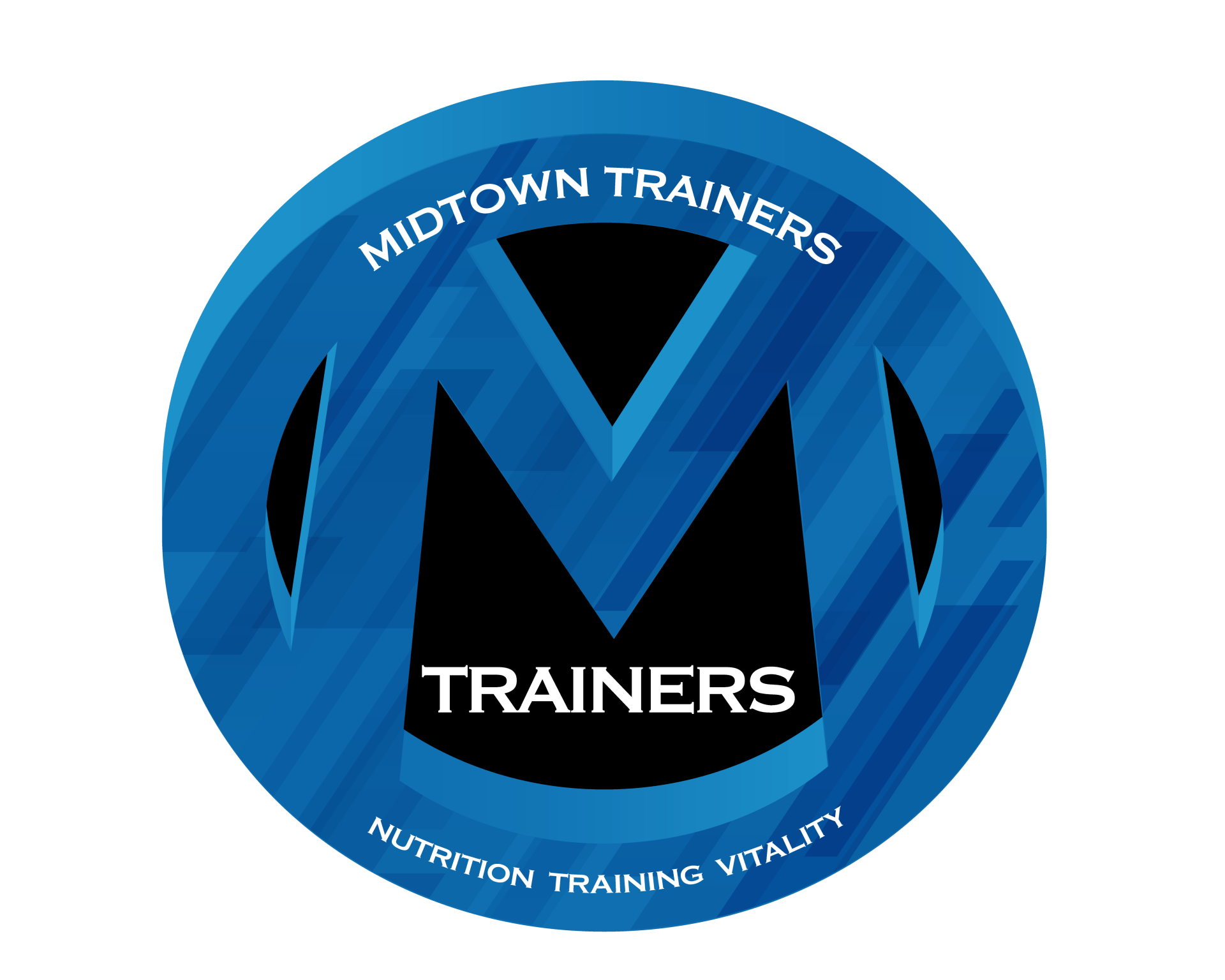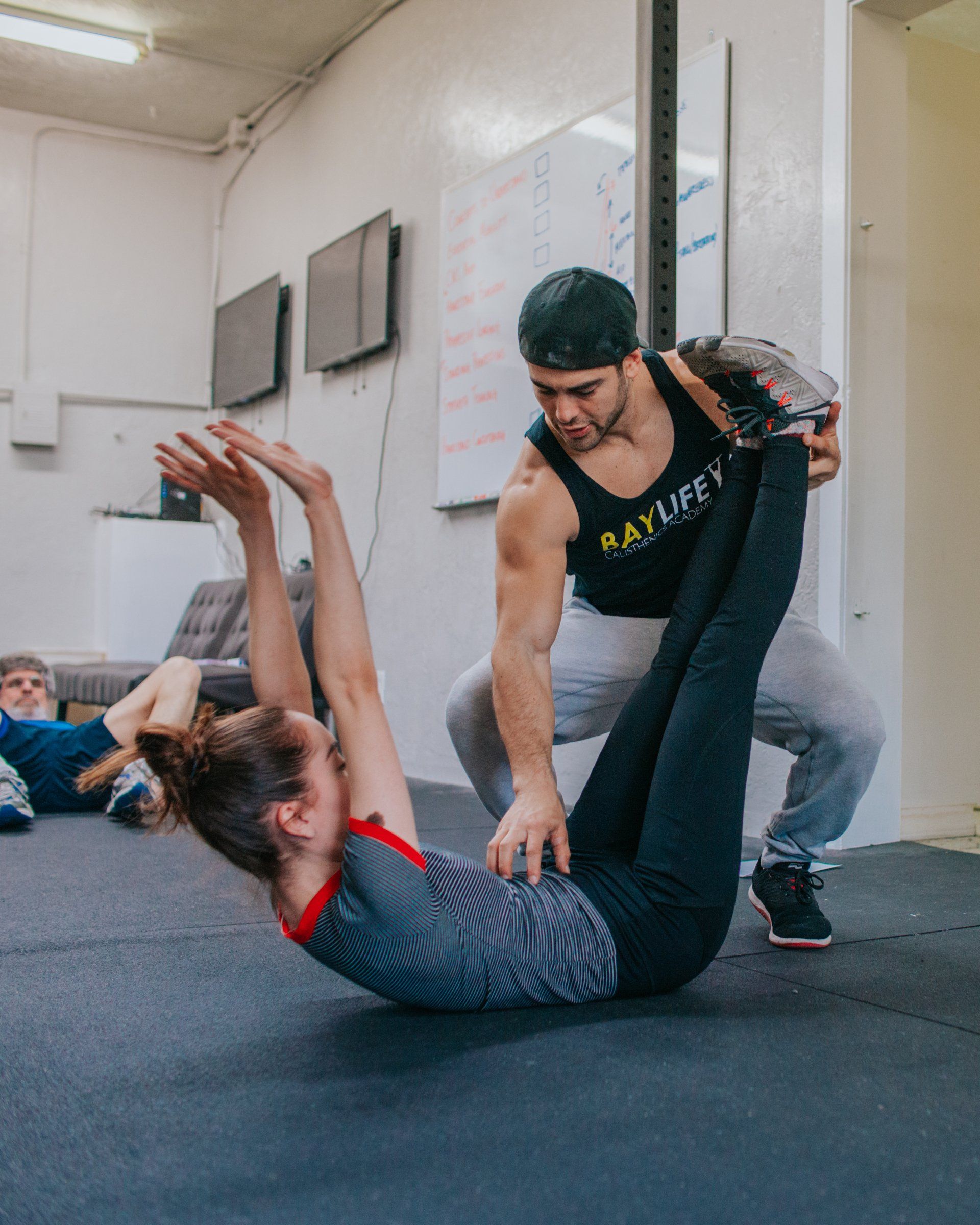What foods are best before a workout?
Should I Be Working Out On An Empty Stomach?
The belief that your physical appearance and body shape is more important than your physical, psychological, and general well-being can be quite misleading. While working out and watching what you eat is important, it is also important to ensure that you are providing your body with enough nutrients to enable it to fully function.
So, should you be working out on an empty stomach?
There is a common misconception that working out on an empty stomach forces your body to burn fat for energy, but the truth is that our bodies need nourishment before we exercise. Eating something healthy before you work out gives you more energy which leads to more intense workouts. While orange juice and milk are both healthy, it is important to eat the right kind of food before you exercise to improve your performance.
The right type of food will make a whole difference in your performance as you exercise. As such, it is recommended to have a pre-workout meal that is rich in carbohydrates and proteins in order to provide your body with the right building blocks that your body needs. Carbohydrates provide the energy you need to carry you through your workout, and proteins provide your body with the needed amino acids to repair and build your muscles.
Our bodies do not want to use the fat reserves for energy; they want to use what is readily available. This means that by working out on an empty stomach, your body will start breaking down sugar from your muscle tissue in order to fuel your energy requirements as you work out. As a result, you start losing muscle mass instead of building muscles.
In the same way that you wouldn’t embark on a journey without fueling your car, you don’t want to start working out on an empty stomach. Your plate should be loaded with carbs, lean proteins. However, limit your fat and fiber intake because they digest slowly and they can upset your stomach as you work out.
The energy needed to fuel your exercises comes from your most recent meal once its component sugars and fats reach the bloodstream. Although we have stores of fat stored in our muscles that need to be used up overtime, eating something before your workout ensures that these stores are burned in a healthy and efficient manner.
While the type of food you eat before a workout is important, the timing of this pre-workout meal is equally crucial. Ideally, you should eat your pre-workout meal three to four hours before your workout. However, you may not necessarily have the time especially if you work out before you go to work. If this is the case, a light snack such as a banana or a protein shake will suffice.
It is important to remember that the closer you get to your workout time, the less you want to eat because a huge meal right before your workout will cause belly issues during your workout session.
Things to consider when choosing your pre-workout meal
1. The time of your workout
If you are waking up just to go to the gym, it may be unreasonable to eat a fully loaded plate because your workout will be within the hour. As such, you may want to eat a piece of fruit or a granola bar because even though your blood sugar is lowest when you wake up, this quick snack will give you the energy boost that you need for your workout.
2. The intensity of your workout
Are you running a marathon? Are you doing quick cardio exercises? Are you lifting heavy weights? Different people have different types of workouts at different levels of intensity. If your workout is a simple, at-home cardio routine, then you may skip the pre-workout snack. However, if you are going for an hour of high intensity training, then you are advised to get something to eat. Not only will this give you the energy you need to get through the workout, it will also help with the recovery time.
3. Your fitness goals
Are you trying to build your muscles? If so, then a protein shake before your workout will provide the necessary building blocks for your muscles. Different people have different goals, but skipping a pre-workout meal before strength training will sacrifice the muscle that you want to grow; and ultimately discourage you from continuing with your workouts.
Difference between pre-workout and post-workout meals
Pre-workout meals give you the energy you need to get through your workout, while post workout meals give you the nutrition you need for a fast and efficient recovery. Pre-workout meals prevent glycogen depletion while post-workout meals help your muscles replenish and rebuild. As such, pre=workout meals focus on carbs which breakdown into glucose the quickest and prevent our blood sugars from dropping too low, and post workout meals focus on proteins which provide the necessary amino acids required to rebuild and replenish your muscles.
Hydration is also a great aspect of pre-workout and post-workout nutrition. Drinking enough water before and after your workouts helps with recovery and performance because when you are hydrated, your body functions fully due to optimal blood flow. This ensures that you do not feel faint during your workouts, while also preventing dehydration due to the exertion that comes with working out.
The risks of working out after fasting are not worth it, because you risk going into a hypoglycemic episode where your blood sugar falls and you pass out. In general, it is always wise to get some food in your belly before you work out.
Foods like apple slices, oatmeal, carrots with hummus, omelet with whole grain bread, and almond butter on whole-grain toast are a great option. This is because they are healthy and they provide you with the required energy to go through your workout. Whenever you feel like you need to eat a bigger meal, remember that carbs are the way to go to avoid derailing your workout with an upset stomach.


